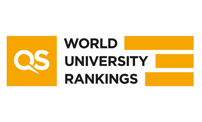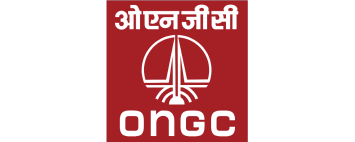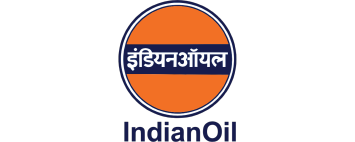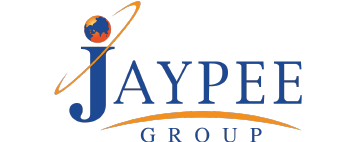PG Certification Program in Operations Management
Why PG Certification Program in Operations Management
The Operations team of an organisation takes care of the planning, development, logistics, and delivery of its products and services. This is particularly crucial in companies that operate in industries like online retail, aviation, manufacturing, hotels, brick-and-mortar retail, and consulting. Due to its importance, the operations role plays a vital role in ensuring the smooth day-to-day functioning of businesses with specific target-driven deadlines.
This PG Certification Program by UPES Online is designed to provide you with comprehensive skills in supply chain management, cost and resource optimisation, production strategy, and problem-solving. You will gain a global perspective on the latest industry trends and learn how to be part of an effective and efficient team. It will offer you a holistic framework to consistently meet client demands and teach you about agile innovations, risk management, and analytical tools to optimize key business decisions.
A Booming Sector With Growth & Promising Opportunities

Big data and AI skills are in high demand due to 'Make in India', 'Skill India' initiatives. (Source: India Brand Equity Foundation)

Operations has huge future in India, poised to become global manufacturing hub. (Source: India Brand Equity Foundation)

Industry 4.0 tech innovations will increase demand for operations professionals. (Source: India Brand Equity Foundation)
UPES  Advantage
Advantage
- Production Planning & Inventory Control
- Product Lifecycle Management
- Lean Manufacturing
- Operations Analytics
- Service Operations
- Business Policy & Strategy
- Data Visualization
- Total Quality Management
- Innovation & Information Technology Management
- Understand, explore and apply knowledge of the fundamentals of computing theories, application and practices to cover fundamental areas including algorithms, data structures, and operating systems, programming languages (e.g., Python, Java, C++), database management, web development, software engineering, networking, and cybersecurity.
- Design and develop dynamic web applications using HTML, CSS, JavaScript, server-side technologies and manage databases using various database management systems (DBMS).
- Identify, analyze and communicate global, economic, legal, and ethical aspects of IT in the local and global context.
- Understand the impact of the professional management solutions in societal and environmental contexts and need for inclusive and sustainable development
- Recognize the need for and have the preparation and ability to engage in independent and life-long learning in the broadest context of technological and managerial change.

- Operations Assistant
- Data Entry Operator
- Junior Process Analyst
- Operations Coordinator
- Supply Chain Analyst
- Inventory Manager
- Operations Manager
- Operations Director
- Chief Operations Officer (COO)
Our comprehensive career services guarantee your career preparedness and employability for the professional world.
- Career Orientation
- Mentorship by industry experts
- LinkedIn/Resume building guidance
- Interview preparation
Our flexible and budget-friendly fee payment options are designed to make your education journey as smooth as possible.
- Easy EMI Plan: Study stress-free and focus on smaller, manageable EMI* payment plan.
- For Indian Students: Rs. 75,000 + GST
- For Foreign Students: USD 893 or equivalent currency (excluding taxes)
*Note: Fees payment will be as per the current USD rate
 Data Processing Expertise
Data Processing Expertise People Management
People Management Product-oriented skills
Product-oriented skills Confliction resolution Skills
Confliction resolution Skills Motivation Skills
Motivation Skills Decision-making Skills
Decision-making Skills
Our Faculty

Our Alumni Network on the Job & Thriving
FREQUENTLY ASKED QUESTIONS
The UPES Online PG Certification Program is an intensive 10-month management program that can be pursued remotely. This PG Certification Program maintains the same level of academic rigor and content as a traditional two-year full-time MBA program offered by renowned global business schools.
No, the UPES Online PG Certification Program upholds a level of rigor and content equivalent to that of a regular two-year full-time MBA program offered by esteemed global business schools. For MBA courses please refer to our MBA program pages.
It's important to clarify that only universities have the authority to grant degrees in India. The UPES Online PG Certification Program does not confer a degree or diploma; it is structured as a standalone program. For MBA courses please refer to our MBA program pages.
Details about the specializations offered can be found on our website under the "Certifications" section.
45% and 5% exception as additional relaxation (for special cases).
The UPES Online PG Certification Program typically offers multiple cohorts throughout the year to accommodate different starting preferences. These starting months are January, April, July, and October. Each of these months corresponds to a new cohort of students joining the program. This approach allows for greater flexibility in enrolment and enables students to choose the cohort that best suits their schedule and timeline.











































